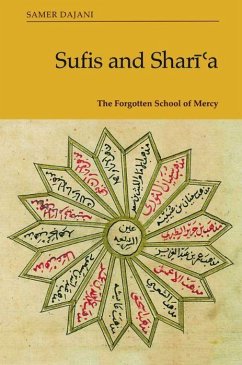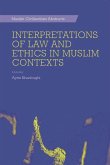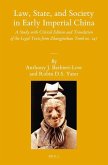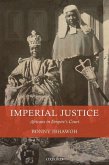This book is not about Sufism. It is about the nature of the Sharī'a. In the first three centuries of Islam, many scholars believed that juristic differences were rooted in the Sharī'a's inherent flexibility. As this pluralistic attitude began to disappear, a number of Sufis defended and developed this idea through the centuries. They aimed to preserve the leniency and simplicity of the Sharī'a against the complications and restrictions created by many jurists.This book focuses on four major Sufi figures whose contributions to legal theory were strongly shaped by their mystical thought: Ibn 'Arabī, al-Ḥakīm al-Tirmidhī, al-Sha'rānī and Aḥmad ibn Idrīs. It gives a detailed analysis of their legal thought, revealing that they belonged to the same tradition and developed each other's ideas, and also highlights their influence on other major Sufis all the way up to the 19th century. This is the first study to give a full picture of the role that Sufi thought played in the revivalist Islamic movements of the 18th, 19th and even 20th centuries.
Bitte wählen Sie Ihr Anliegen aus.
Rechnungen
Retourenschein anfordern
Bestellstatus
Storno








